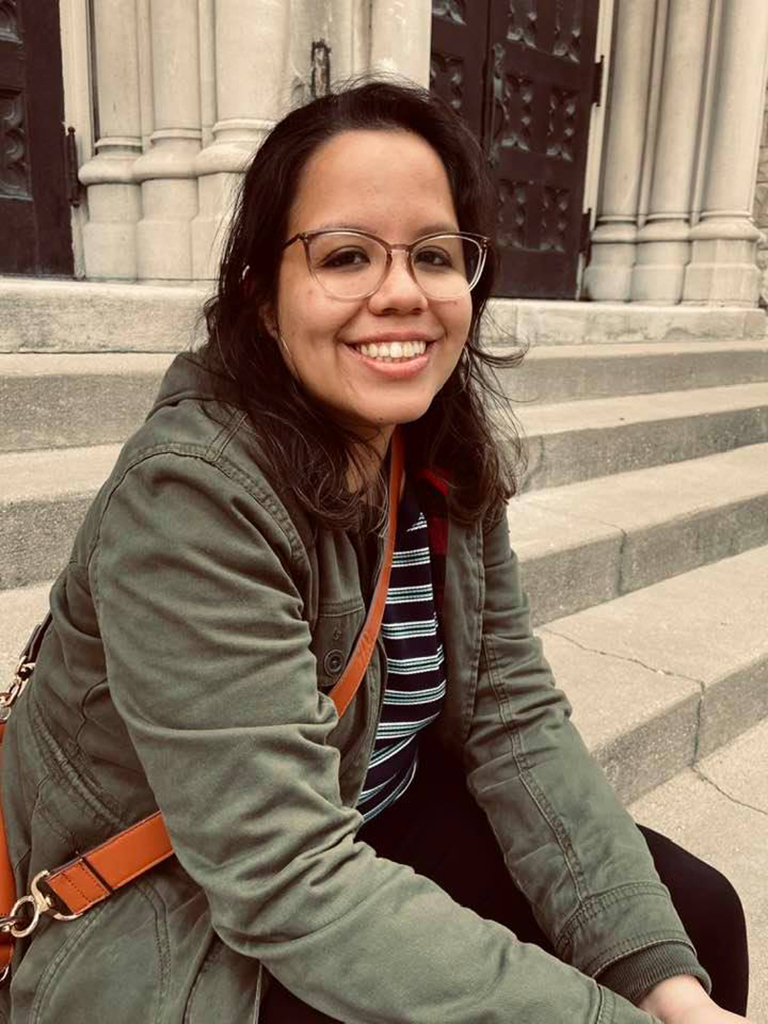In the global context of the nineteenth century, whiteness was an important ideological concern for South American elites that tried to position their countries as modern from a European point of view. In my project, I concentrate on narratives that focus on urban space, as many intellectuals in this period, such as Domingo Faustino Sarmiento, believed that the city was the center of civilization and modernity. Thus, in this space, often imagined as white, whiteness is represented as a contested racial identity as a result of the clash between local and European racial ideas.
My project intends to fill a gap in the study of representations of white identities both in Latin American Literary Studies and in Whiteness Studies. The scholarship of the latter often examines white racialization in the socio-political contexts of English-speaking countries. I recently presented at the Romance Studies Graduate Student Conference at Boston University a paper on the subject of my first chapter: "The causes behind changes in the constructions of whiteness in Buenos Aires over the nineteenth century".
I want to express my gratitude to my dissertation committee director, Professor Olimpia Rosenthal, for guiding me and providing valuable feedback for my research. I am also grateful for the support of my committee members, Drs. Alejandro Mejías-López, Luciana Namorato, Purnima Bose (English), and Estela Vieira. Lastly, to my friends at the Department of Spanish and Portuguese, thank you for being a support system during these years in graduate school and for creating a welcoming learning environment.

 The College of Arts
The College of Arts